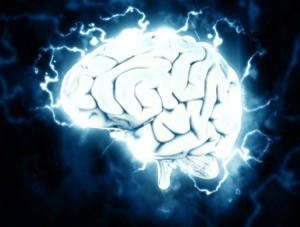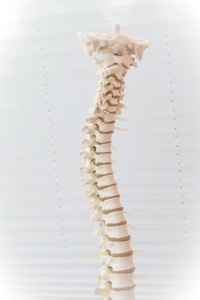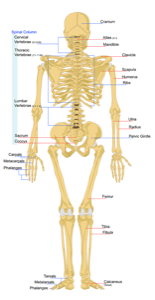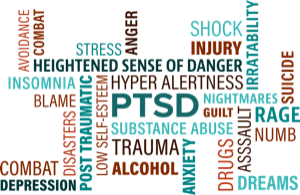
Brittle Diabetes is a type of diabetes that is characterized by wide swings in blood glucose levels causing hyperglycemia or hypoglycemia. This type of diabetes is very difficult to control even if the patient follows their prescribed treatment. Brittle diabetes tends to occur when insulin levels fall to zero. Since there is not enough natural insulin to help with the swings in blood glucose.
This type of diabetes often limits patients to light work and work that does not expose them to the extreme environmental conditions such extreme heat or cold. If a patient’s blood glucose level is already unstable, they may have fluctuating symptoms. Because of this, medium and heavy work would probably be unsustainable.
Brittle Diabetes Signs
 Kentucky ERISA Disability & Life Insurance Claim Lawyers
Kentucky ERISA Disability & Life Insurance Claim Lawyers

























